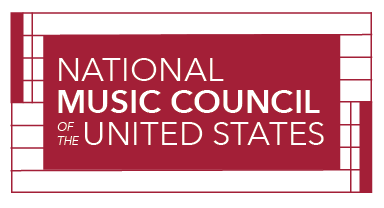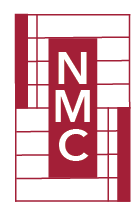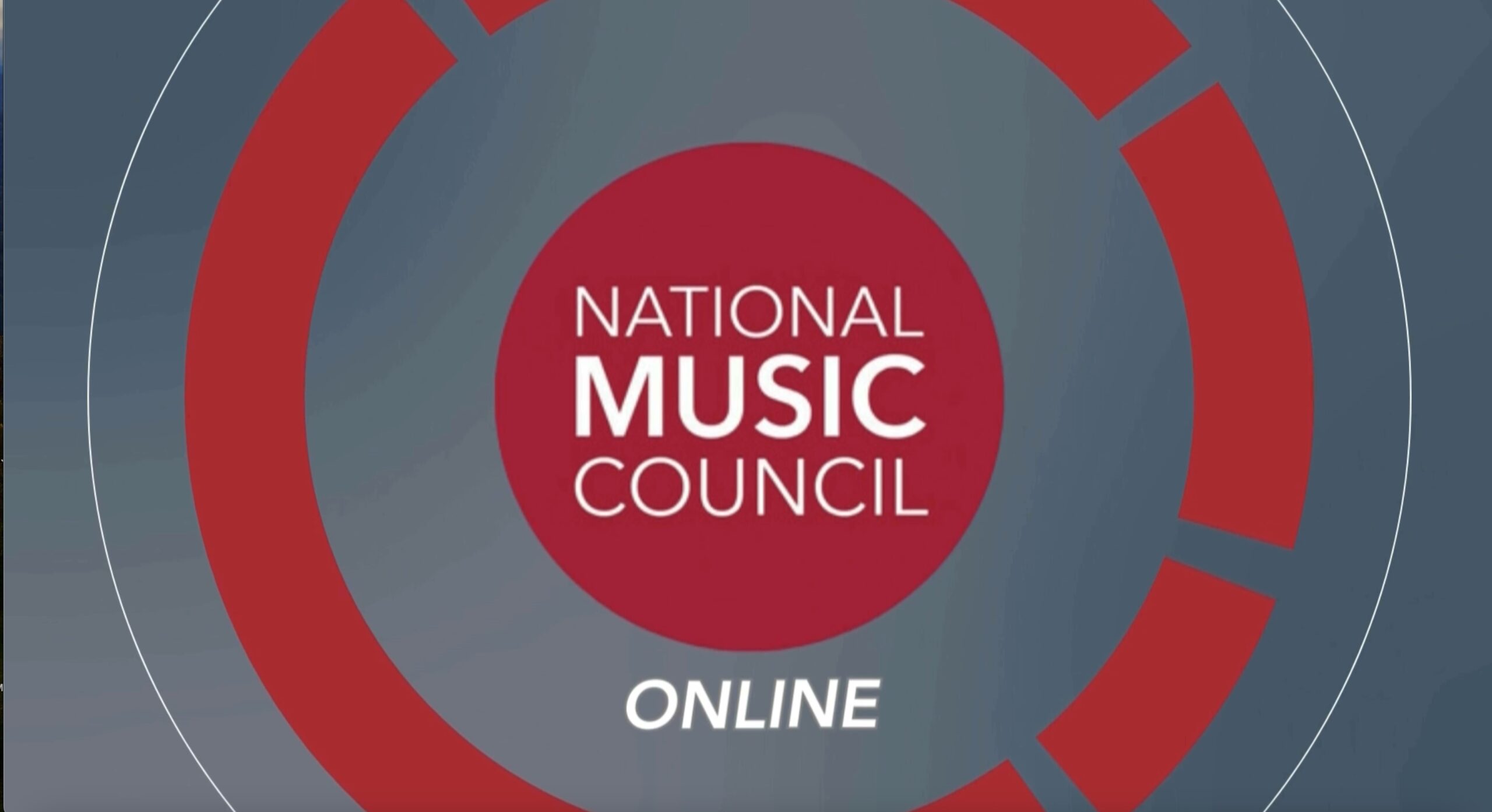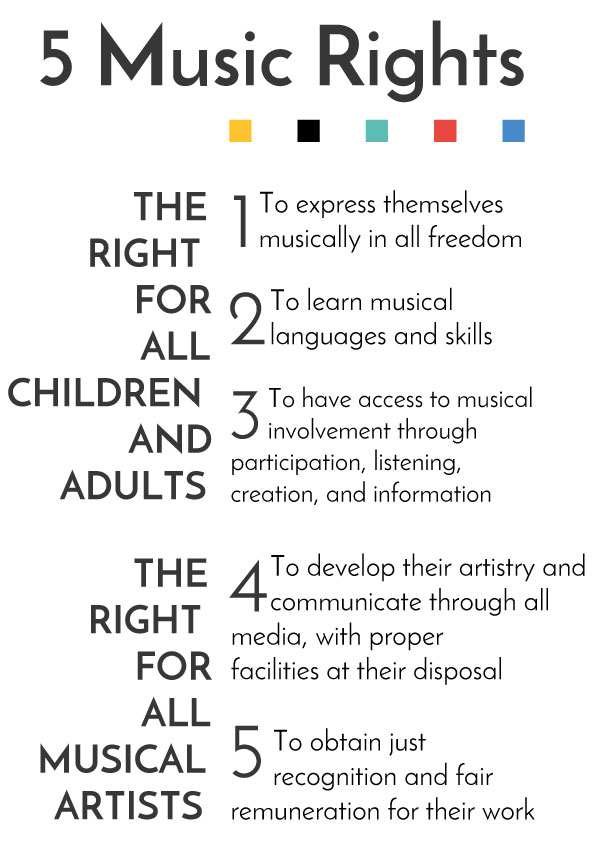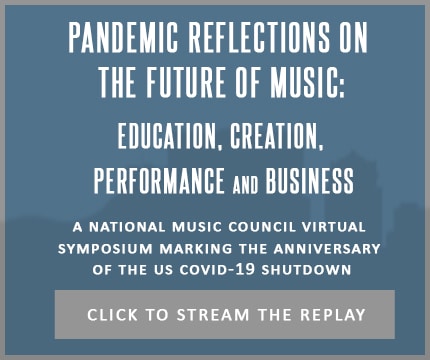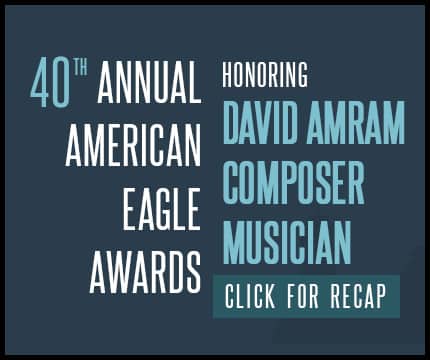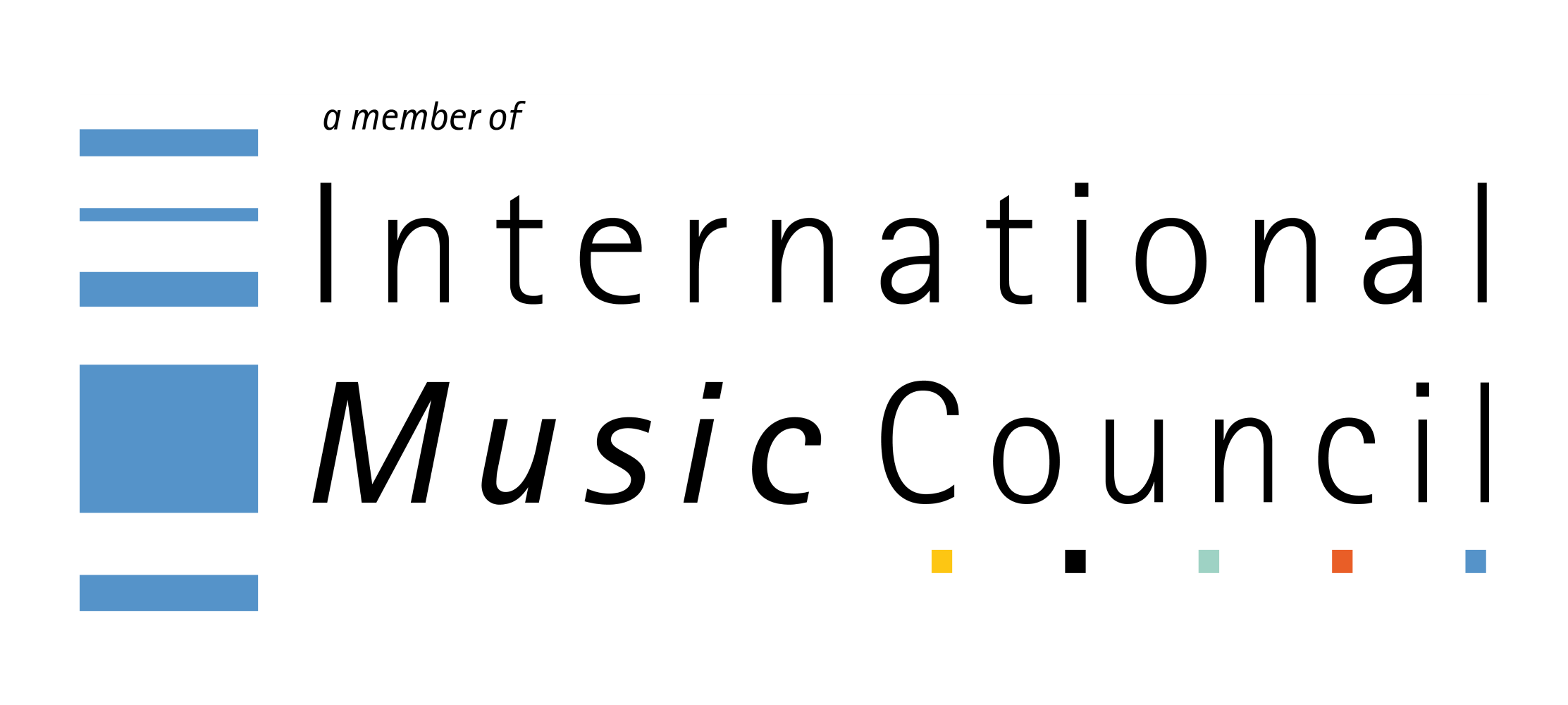Music Education News

Check out new music education news including the new National Core Music Standards, recent Gallup Poll on public attitudes toward public schools, the adoption of the STEAM Curriculum in California, New Jersey’s pioneering support for Music and Arts Education, and a GAO Report Commission on No Child Left Behind.
Announcing the New National Core Music Standards
PDK/Gallup Poll on Public Attitudes toward Public Schools
New Jersey Pioneers Music and Arts Education Support
California MEA Adopts STEAM Position Statement
Education Committee Members Commission GAO Report on No Child Left Behind
Announcing the New National Core Music Standards: The National Coalition for Core Arts Standards has released the New National Core Music Standards after two years of inclusive writing and review involving hundreds of music educators. The new standards replace the original standards released twenty years ago, and represent a notable shift in the Coalition’s recommended approach to improving each student’s musical education experience, supporting educators with enhanced instructional strategies, and emphasizing the benefits of music education for the community at large.
Unlike national Common Core standards that have been widely criticized for narrowing student learning opportunities, the New National Core Music Standards aim to broaden and deepen learning opportunities for students.
Unlike controversial education standards mandated within other disciplines, the New National Core Music Standards were written by a team of professional music educators and vetted through a two-year inclusive public review process.
The standards were developed by the profession for the profession, with a student-centered focus that respects each professional educator’s teaching style and unique contributions. The goal of the new standards is not to impose restrictive rules governing what to do or how to teach, but to provide voluntary and pragmatic flexible processes and strategies that can be welcomed, implemented, and assessed in every American school district.
The new standards seek to instill music literacy. The standards emphasize conceptual understanding, which is a departure from the previous emphasis on knowledge and skills. The new standards reflect the actual processes in which musicians engage. The standards cultivate a student’s ability to carry out the Three Artistic Processes of Creating, Performing and Responding, presented together as steps, which enables students to understand music holistically in a way that relates to their personal life experiences.
The new standards provide teachers with frameworks that closely match the unique goals of their specialized classes. The standards are presented in a grade-by-grade sequence from pre-K through grade 8, and discrete strands address common high-school music classes, such as Ensembles and Music Composition/Theory.
Find out more at nafme.org/standards.
PDK/Gallup Poll on Public Attitudes toward Public Schools: A new poll sheds light on how Americans are feeling about national education topics. Out of those polled 81% had heard of Common Core, and 60% opposed local teachers using Common Core to guide how they teach. Interestingly, 54% of Americans say standardized testing is “Not Helpful,” including a majority of both parties (52% of Republicans and 54% of Democrats); perhaps more tellingly, that number jumps to 68% if the respondent identified as a public school parent. In addition, 32% of Americans say that lack of funding is the greatest obstacle, but there is a sharp partisan divide, with 44% of Democrats and only 21% of Republicans agreeing. To read more click HERE.
New Jersey Pioneers Music and Arts Education Support: Following the inclusion of the arts in New Jersey’s School Performance Reports released by the State Department of Education, Inside New Jersey Magazine has included the arts as one of their criteria used to rank the best high schools across the state. This is the first time the arts have been used as a qualitative measure of high schools across the state and may be seen as a model for other publishers across the nation.
In January 2014, New Jersey became the first state in the nation to include arts education measures as part of the annual School Performance Reports including information on the percentage of students enrolled in each of the four arts disciplines (Dance, Music, Theater, and Visual Arts). In March, the New Jersey Arts Education Partnership debuted Interactive School Performance Dashboards for Arts Education based on the individual high school data from the School Performance Reports released by the New Jersey State Department of Education. Read more HERE.
To read the Inside New Jersey coverage of arts education in the School Performance Reports, go to: CLICK HERE!
To review the Inside New Jersey list of High School rankings, go to: CLICK HERE!
For more information about the School Performance Reports and information regarding arts education, visit CLICK HERE!
California MEA Adopts STEAM Position Statement: This month the California Music Educators Association (CMEA) Board of Directors adopted a “STEAM ( Science, Technology, Engineering, Arts & Math) Education Position Statement,” which it plans to distribute widely to constituents of the state via standup4music.org and other channels. “CMEA calls for music classes taught by full-time, qualified music teachers to be scheduled alongside other STEAM curricula,” the statement reads in part. “Music education is most effective when presented on its own by those with educational and musical training.” To learn more click HERE.
Education Committee Members Commission GAO Report on No Child Left Behind: Earlier this month Senator Lamar Alexander and Representative John Kline requested in a letter to the Government Accountability Office on Tuesday that the agency study the current waiver policy for No Child Left Behind. Senator Alexander is the senior Republican member of the Senate Health, Education, Labor and Pensions (HELP) Committee, and Rep. Kline is chairman of the House Education and Workforce Committee. The request asks that the GAO look into several waiver issues, including the Department of Education’s process for approving and denying waivers, and the changes that states have made in order to qualify for a waiver from the department. Learn more HERE.
